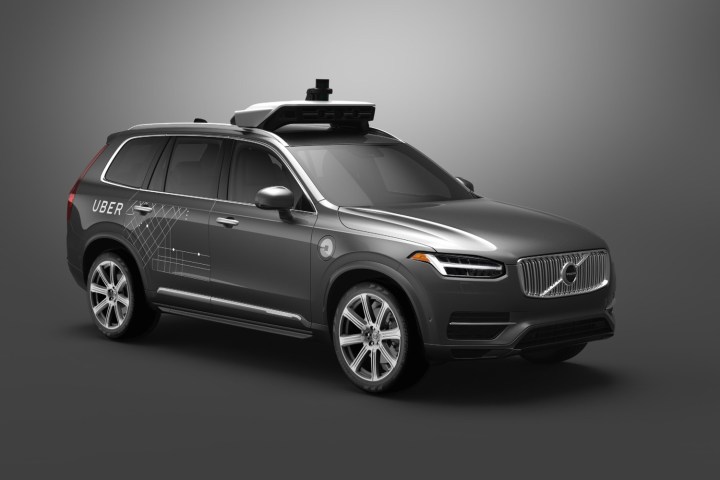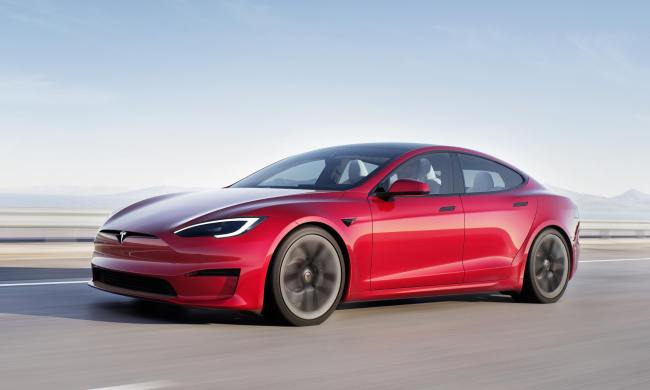
The Swedish carmaker and U.S. ride-sharing giant have together pledged $300 million toward the collaboration, which still start with the development of “base vehicles” that will serve as test beds for the tech. The vehicles will be manufactured by Volvo, and then purchased by Uber.
Using the same vehicle design will allow the two companies to synchronize their autonomous-car development programs. A Volvo press release said only that the base vehicle will use its Scalable Product Architecture (SPA) platform, which underpins the XC90 SUV, S90 sedan, and V90 wagon. Renderings released by Volvo show an XC90 with Uber graphics and added hardware for autonomous driving. Vehicles like this will give free rides to the public in Pittsburgh this month.
Read more: Volvo draws a line in the sand on self-driving cars
Both companies have extensive ongoing autonomous-car research projects. Uber has a fleet of Ford Fusion Hybrid prototypes that began roaming the streets of Pittsburgh earlier this year. Under its DriveMe banner, Volvo has been testing various autonomous systems in Gothenburg, Sweden, and plans to expand tests to London and several cities in China by 2017. The carmaker believes autonomous driving will help eliminate injuries and deaths in its new cars by 2020.
Volvo joins General Motors in pairing with a ride-sharing company to expand its business. GM invests in Lyft, and provides cars to Lyft drivers under a low-cost leasing program. It is widely believed that autonomous cars currently being developed by recent GM acquisition Cruise Automation are destined for Lyft service. Ford claims it will release a fully-autonomous car aimed at ride-sharing services in five years.
Executives and analysts believe the combination of self-driving cars and ride sharing could be a potent one. Ride-sharing companies could significantly cut costs and increase availability by eliminating human drivers. At the same time, automakers can use the potential sale of fleets of self-driving cars to ride-sharing companies as a hedge against decreases in individual car ownership those very companies are expected to instigate.


